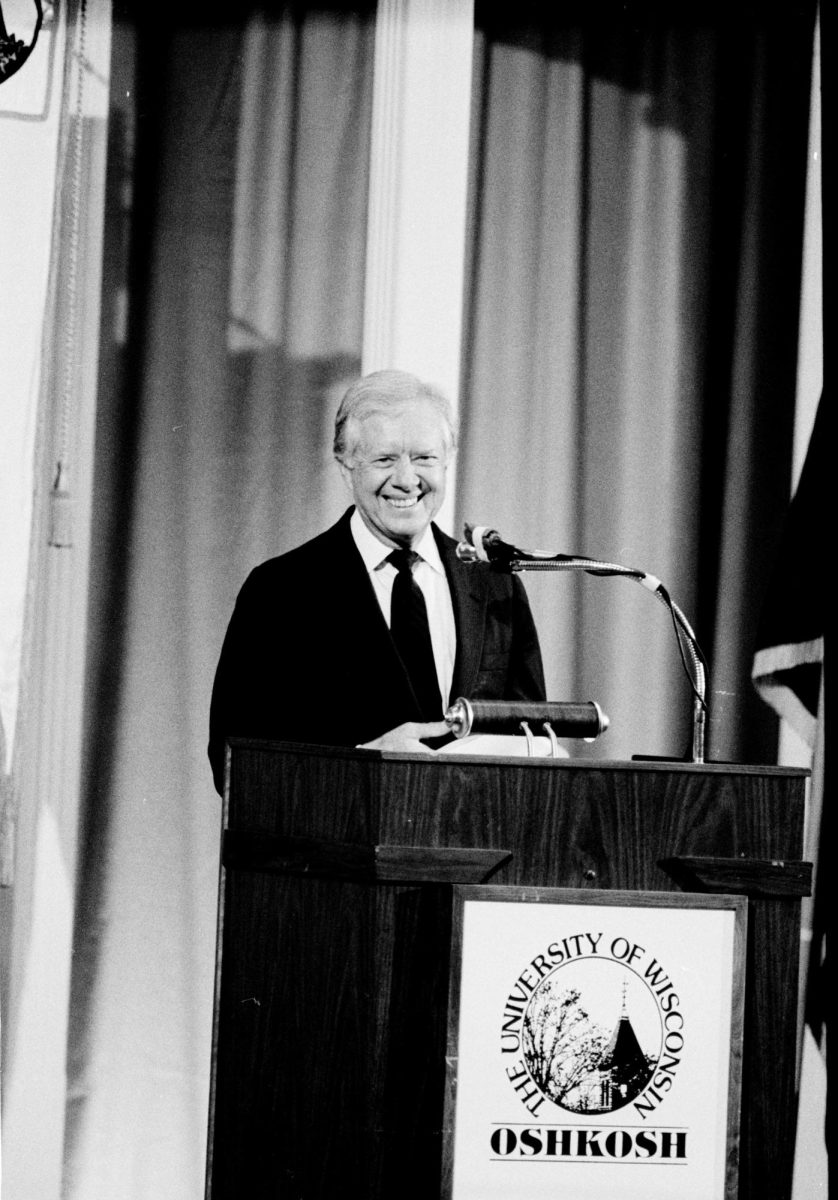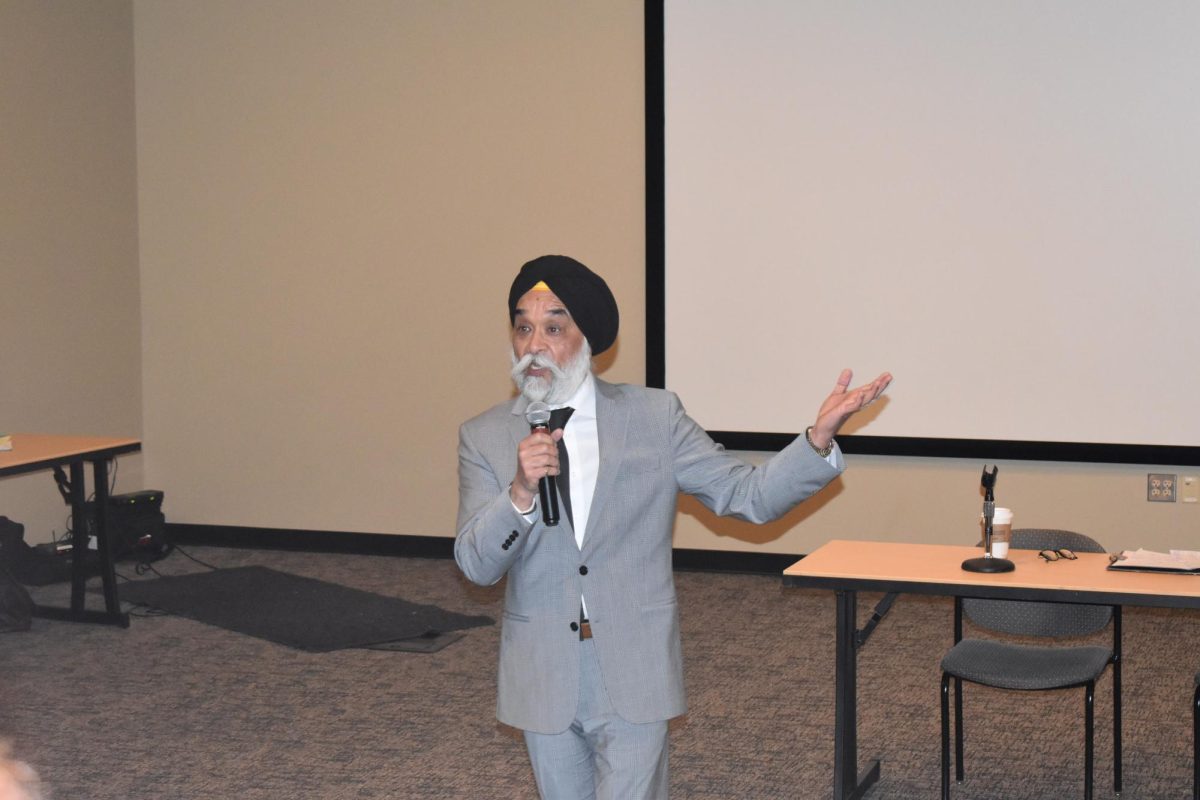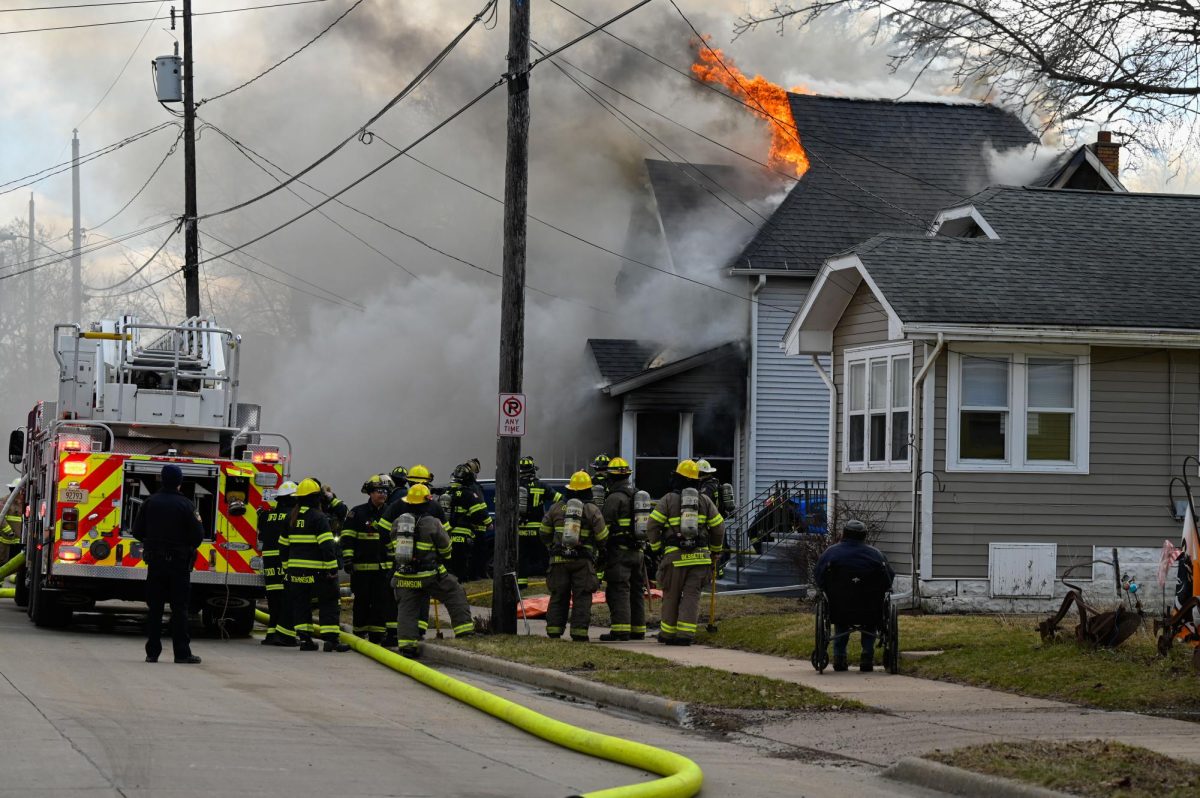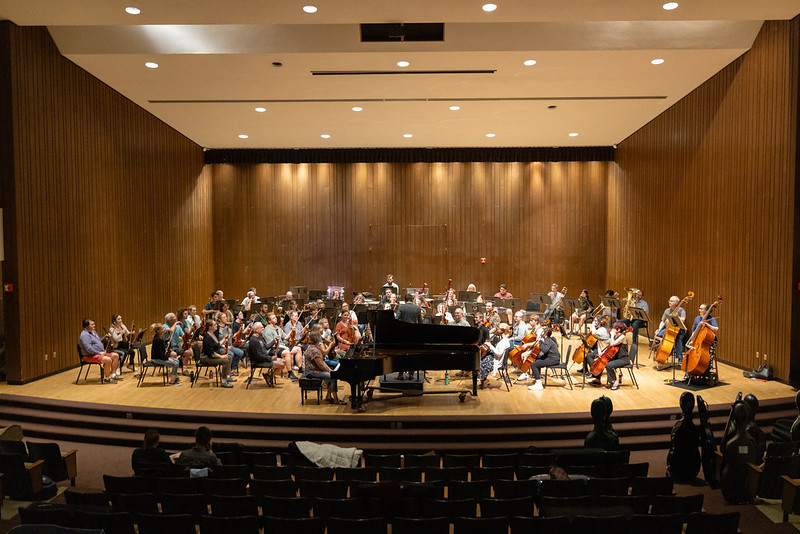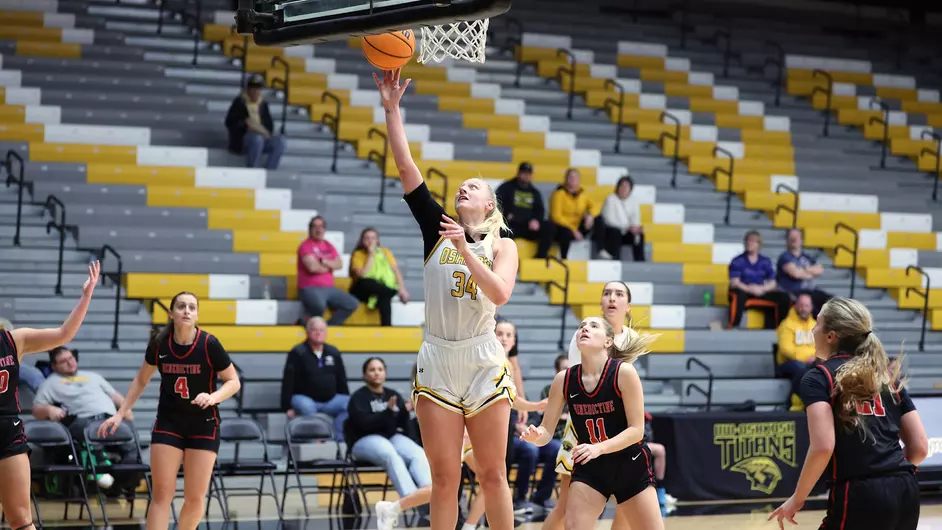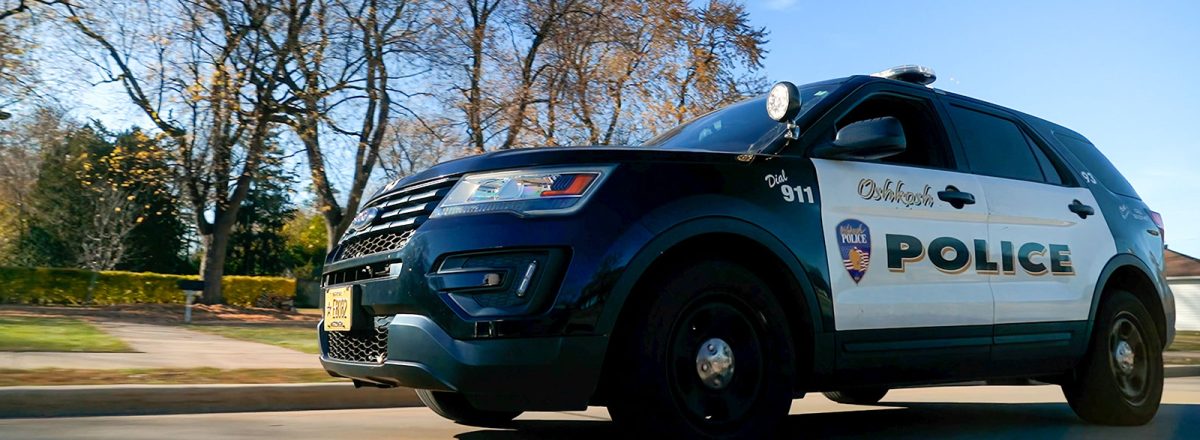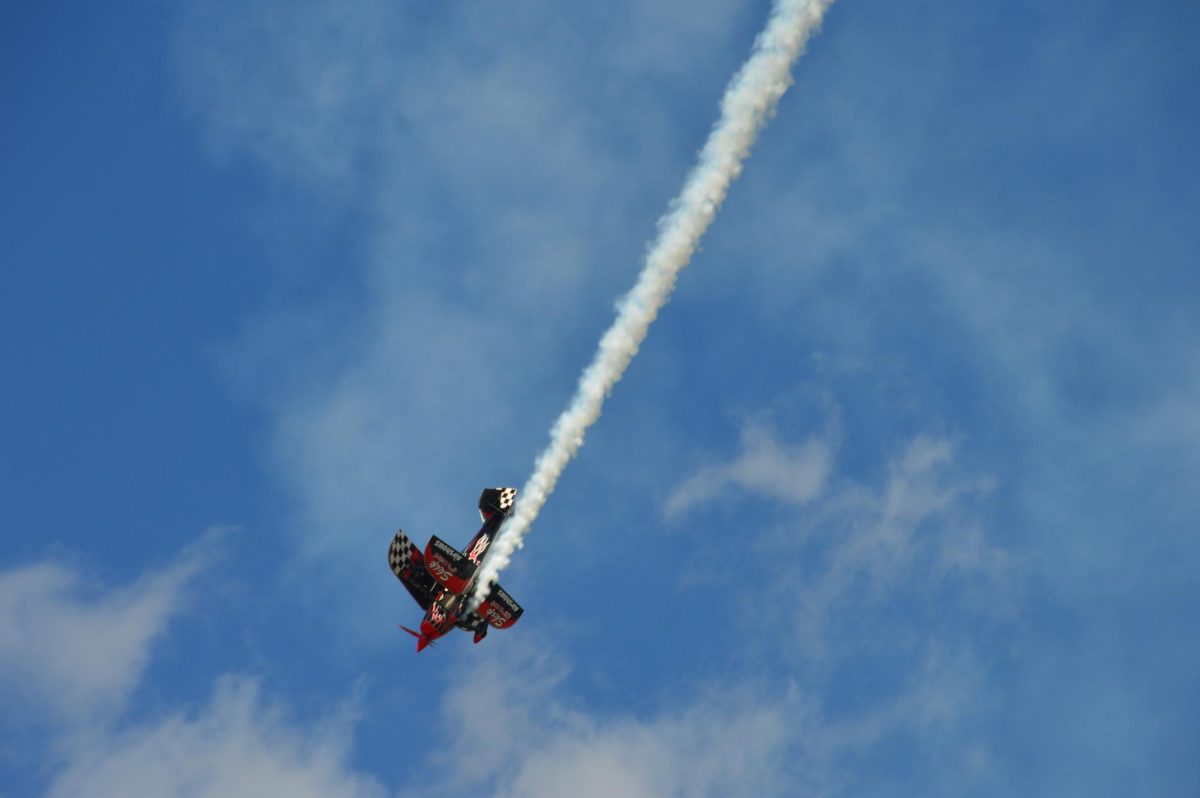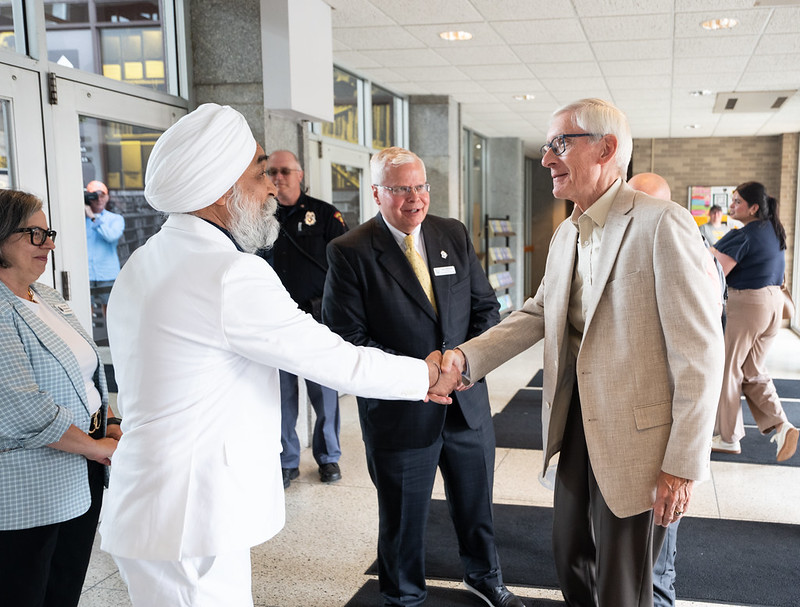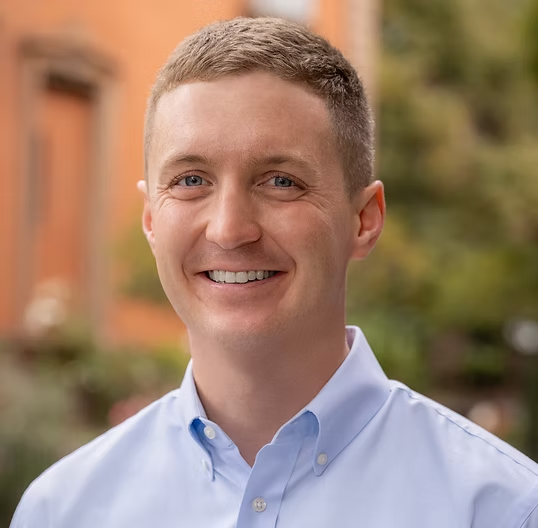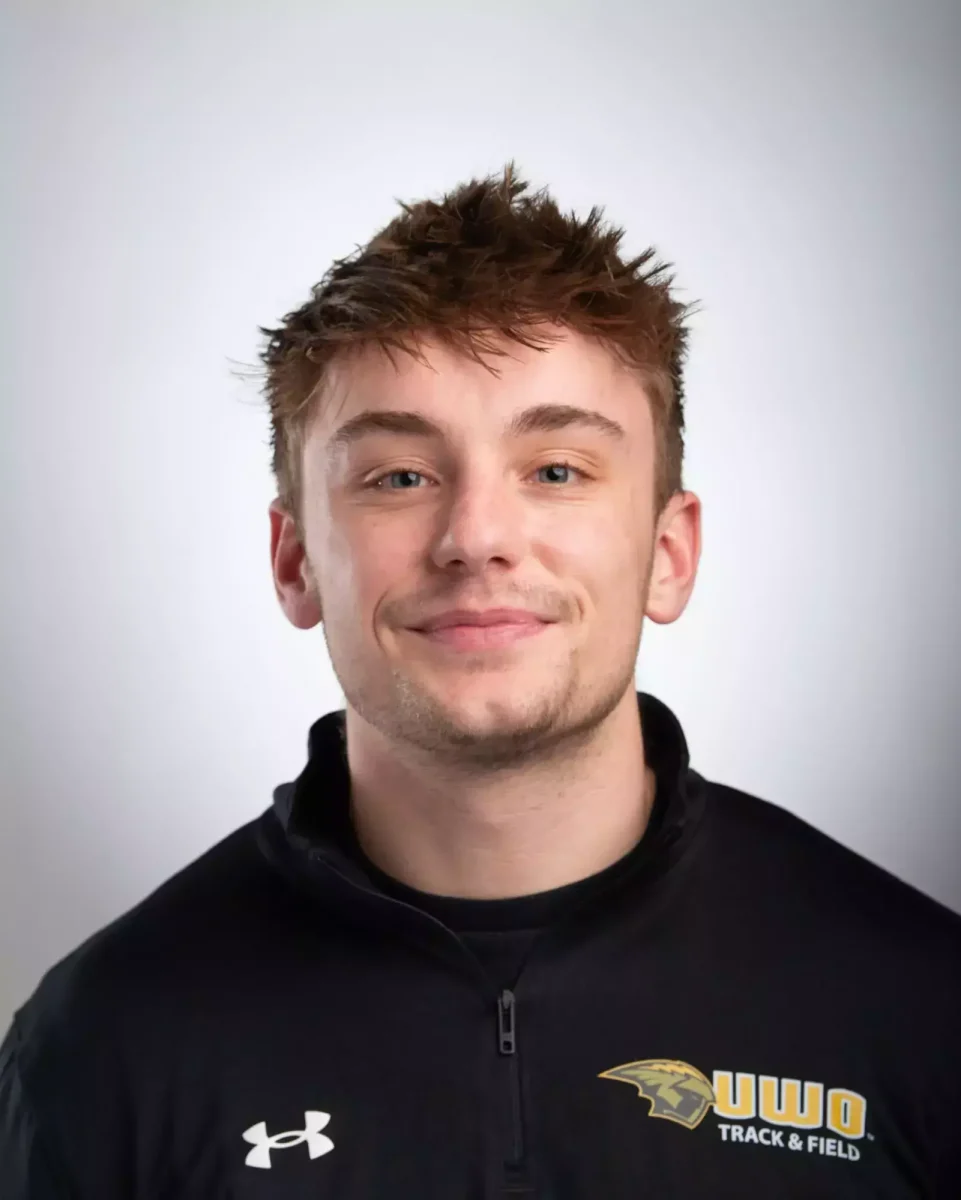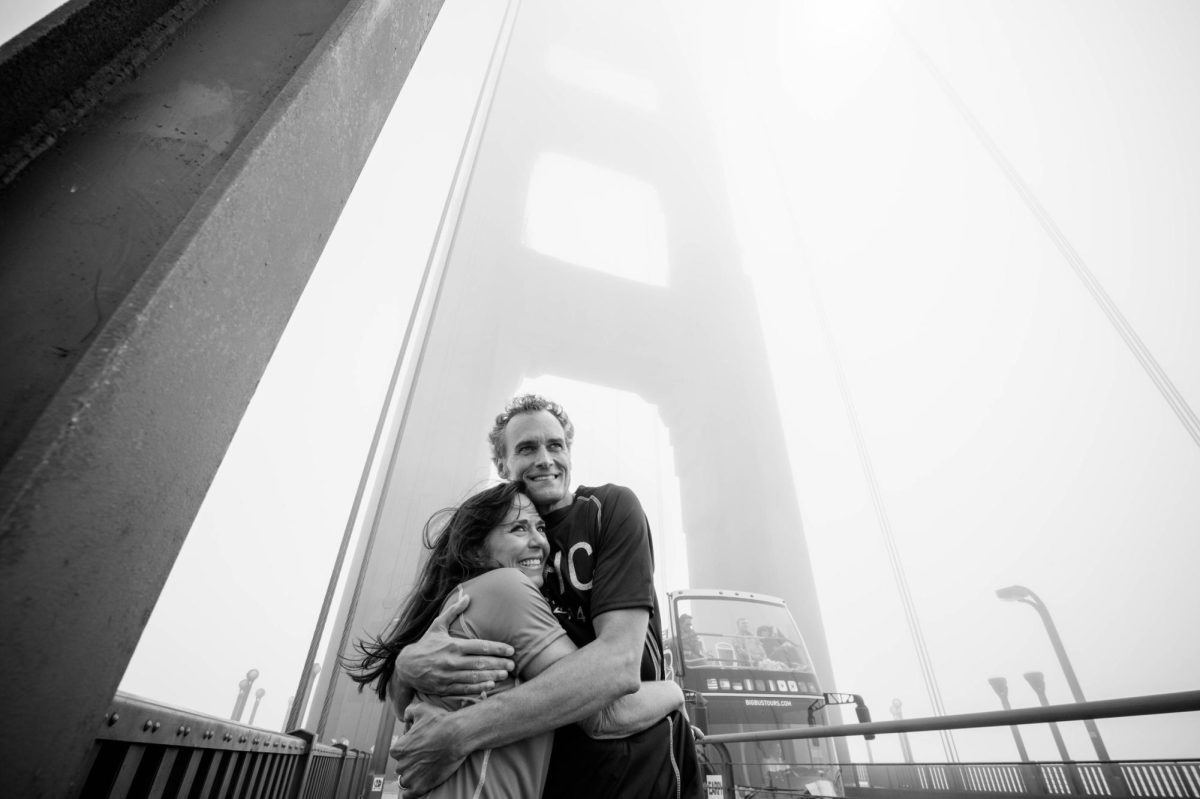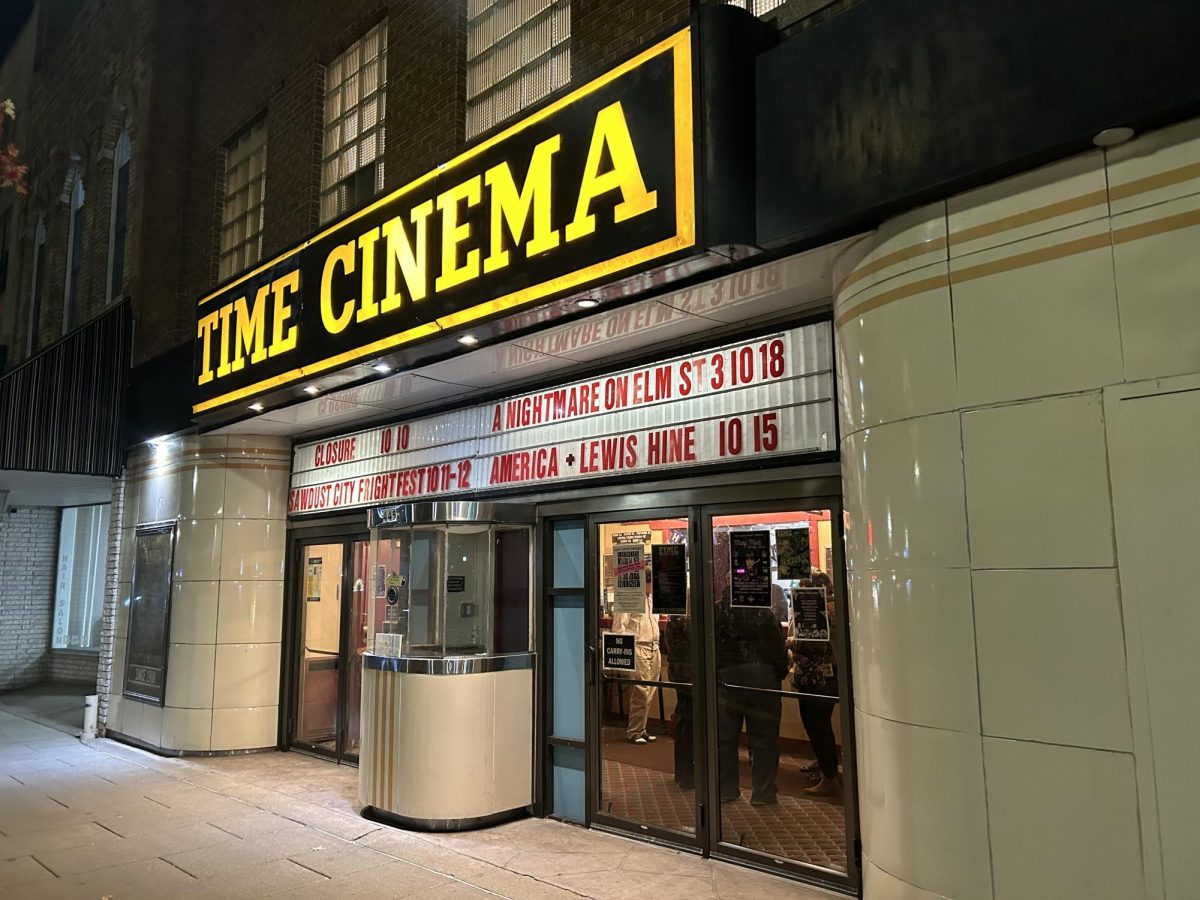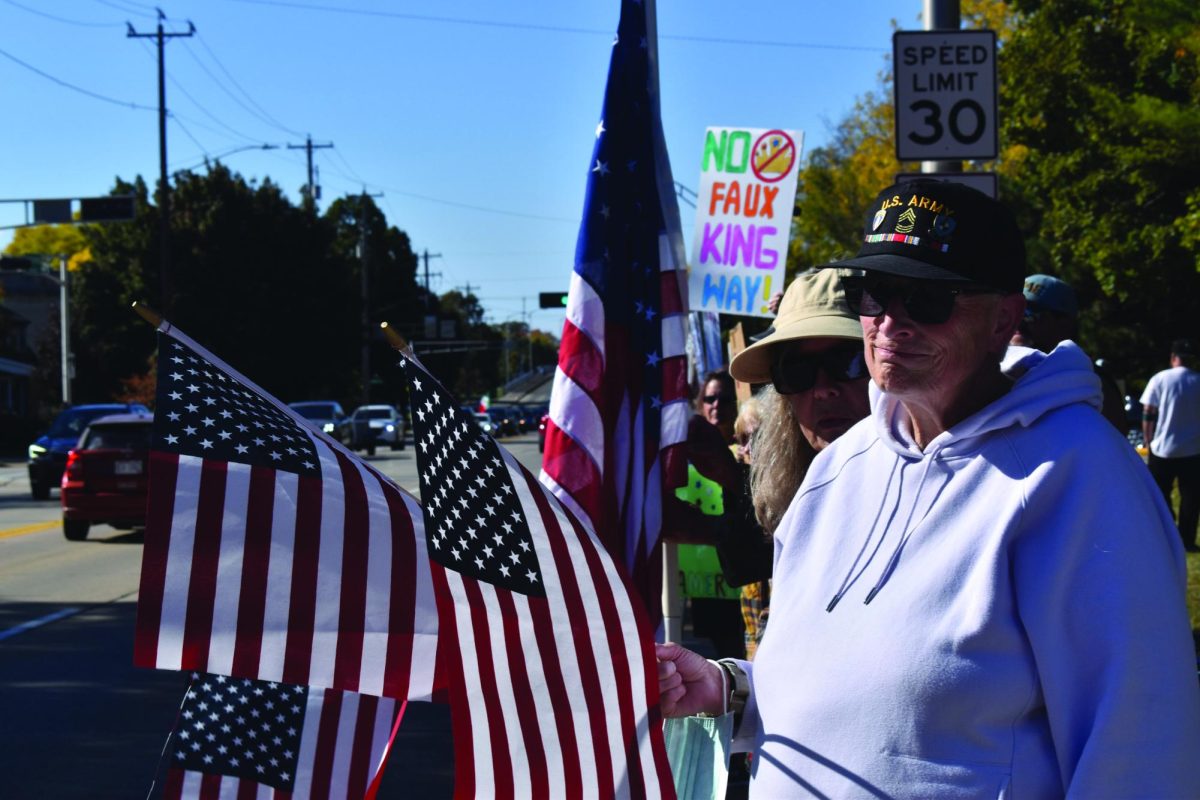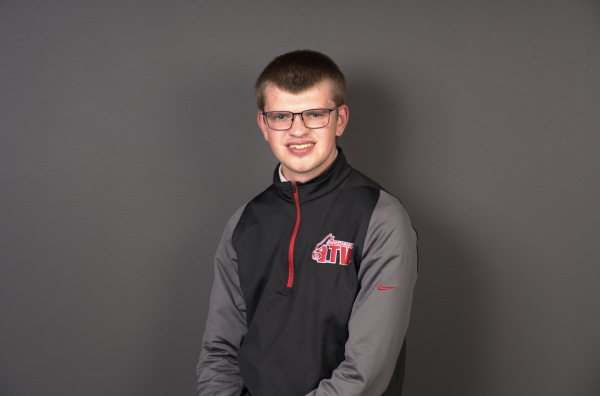As the nation mourns the loss of former President James Earl Carter Jr. (Jimmy Carter), who died on Dec. 29, his legacy reaches far from Washington, D.C., or Plains, Georgia, where he lived post-presidency. In fact, the legacy of the 39th president reaches to UW Oshkosh, where he visited in April of 1987, six years after leaving the White House.
“The world lost an extraordinary leader, statesman, and humanitarian,” President Joe Biden said. “Over six decades, we had the honor of calling Jimmy Carter a dear friend. But what’s extraordinary about (Carter), though, is that millions of people throughout America and the world who never met him thought of him as a dear friend as well.”
In 1987, Carter spoke at UWO for an hour to a capacity crowd of 3,000 at the Kolf Sports Center, promoting human rights; a issue that was a key part of his presidency. In addition, Carter spoke about the presidency of Ronald Reagan, whose administration would end 20 months later.
“The highest possible standard for the government to uphold is justice,” Carter said during the 1987 visit. “We shouldn’t benefit ourselves as a great, powerful nation at the expense of weaker, poorer, less powerful people.”
Carter also said that with power comes the responsibility to take the leadership role for peace, not just for this country, but for others.
“Most presidents have been champions of human rights because this (exemplifies) more than any other issue what is America,” Carter said.
Since no airlines served Oshkosh at the time, Experimental Aircraft Association founder Paul Poberezney had the task of bringing Carter to the Fox Valley, according to Dick Knapinski, EAA Director of Communications. Being a veteran, it included a visit to the famed EAA museum, which at the time was only a few years old.
“They flew from Oshkosh down to Georgia, picked up Jimmy Carter, came back to Oshkosh, and as they were landing at Wittman Regional Airport, Paul happened to circle the EAA facility, which at that time was only about three years old, and said, ‘Well, that’s our museum. I know you’re a former naval officer; we have some Navy airplanes there. Would you like to see it?’ and Jimmy Carter said, ‘Yes, I would,’” Knapinski said, mentioning a newspaper article from the time that said that Carter was “very impressed.” He was not the only ex-president to do so. One and a half years later, President George H.W. Bush visited as well.
Carter’s impact on UWO doesn’t stop with the visit. The Carter Center, a Georgia non-profit that supports humanitarian and pro-democracy efforts across the globe that was founded by Carter, recently donated $10,000 to UWO’s Whitburn Center for Governance and Policy Research.
The grant funded a research project titled “Trust in Elections and the Threat of Political Violence,” where graduate students and faculty held listening sessions asking about the political climate.
Dr. Michael Ford, director of the Whitburn Center, says they have since provided training sessions to teach people how to deescalate politically charged conversations.
“The whole idea was to give real people practical tools to navigate some of these difficult conversations so that we can help increase trust in elections, increase trust in our democracy, and honestly just increase trust in one another here,” Ford said.
The sessions were held in December of 2024, before the holidays and days before Carter died.
“To think that Jimmy Carter, in his 100-year life and his lessons and his commitments to decency and democracy, is having an impact right here in Wisconsin at dinner tables today is pretty incredible,” Ford said. “We’re very, very happy to be a small part of the Carter legacy and this enduring positive impact that he’s had.”
The Whitburn Center also received a matching $10,000 check, and the Carter Center has agreed to continue funding the project into the future.
In an opinion piece for the Milwaukee Journal Sentinel, UWO Political Science Professor David Siemers reflected on Carter’s legacy, specifically the role of the presidency.
“The president is one person at the head of a single government institution,” Siemers said. “As someone who teaches college students about the presidency, my refrain to them is that rating presidents is a meaningless parlor game. Every president does good things, and every president does bad things. As citizens we should attempt to learn about these specific things, which typically means cutting through thick partisan propaganda.”
Because of Carter’s decades of work to find peaceful solutions to international conflicts, advance democracy and human rights, and promote economic and social development, Carter was awarded the Nobel Peace Prize in 2002, an annual award that recognizes people and organizations that promote peace and resolve conflicts.
“The bond of our common humanity is stronger than the divisiveness of our fears and prejudices,” Carter said during the award presentation. “God gives us the capacity for choice. We can choose to alleviate suffering. We can choose to work together for peace. We can make these changes—and we must.”
Siemers said sometimes it seemed like Carter was alone in defending himself.
“He was a consequential president at a time when our politics was much less dysfunctional,” he said. “He was also a decent man who did a great deal of good in the world.”
A recording of Carter’s 1987 UWO visit is available here.


